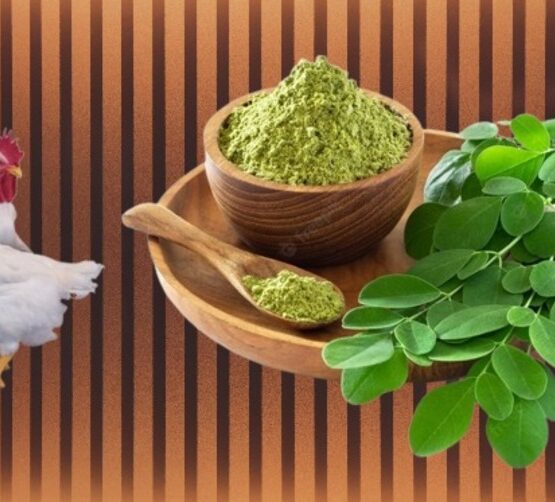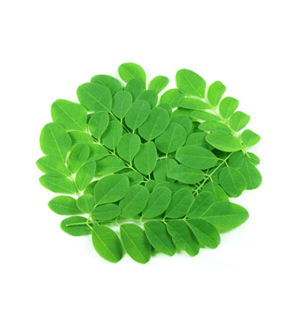Using of Moringa oleifera as one of the most significant supplements for chicken because of high nutritional value. The main nutrients found in Moringa leaves include sources of vitamin B complex, vitamin C, pro-vitamin A in the form of beta-carotene, vitamin K, manganese, and protein. The leaves of the Moringa tree are high in lipids, proteins, vitamins, and minerals and also have antibacterial properties. Moringa leaf extract contains a small amount of polyphenols, which are important for lipid metabolism. The micronutrients in Moringa leaves make them one of the main components of a supplement used in poultry feed.
Use of Moringa oleifera on Chicken Healthy Growth
Due to the significant nutrient content of M. oleifera leaves, particularly the high level of crude protein (CP), vitamins, and minerals, which also contribute to a high production capacity and improved quality of egg and meet, these leaves can be utilised as a valuable source of dietary supplementation for chickens. There have been several debates on the efficacy of Moringa Leaves for layers and broilers due to variances in doses and the plant parts employed, such as leaves, extract, sods, or seeds. At last, scientific community also acknowledges that M. oleifera leaves may increase the health and productivity of chickens.
Let’s talk about the merits of including Moringa oleifera as a feed supplement to maintain the growth and health of broiler chickens. oleifera will be added to broiler chicken feed as a compactable supplement.
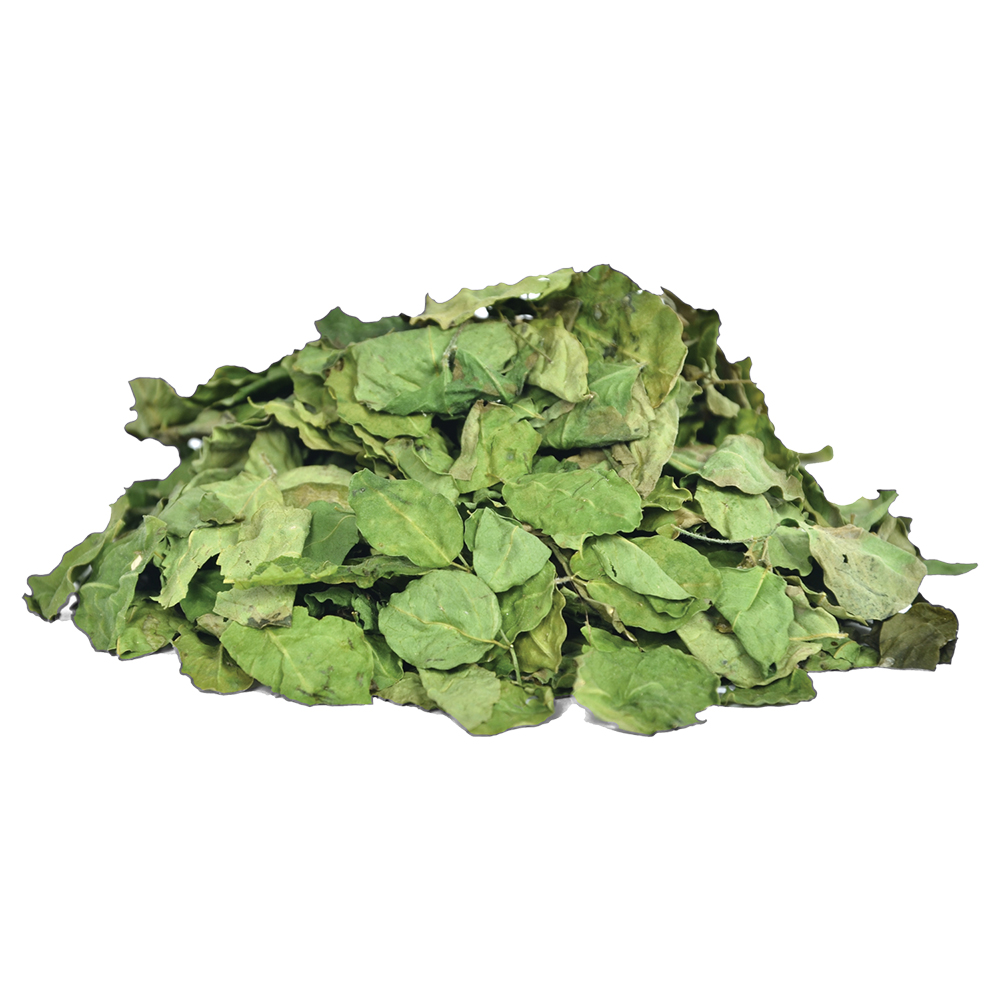
Moringa oleifera Influence on Broiler Feed Efficiency
The presence of different bioactive components in Moringaleaf extracts, which may play a role in improved nutrient utilization in supplemented birds, was linked to higher body weight and lower FCR. Moringa leaf meal can be used as a natural protein source in broiler diets.
Higher levels of Moringa oleifera leaves in broiler diets result in faster growth and better health status in broilers. M. oleifera leaf powder could improve broiler live weight, body weight gain, dressing percentage, and FCR. Broilers given Moringa oleifera leaf meal showed no discernible variations in growth performance or economic metrics. Due to the anti-nutritional properties of Moringa leaves, feeding broilers with Moringa leaf meal resulted in lower feed intake and increased FCR. Broilers body weight, average daily weight gain, FCR, mortality, and organ weight were unaffected by the dietary application of Moringa leaf meal.
The highest amount that is 5% of Moringa oleifera leaf meal in diets was used without having any negative effects on broiler growth performance or average daily growth rate. The aforementioned declaration attested to the fact that feeding broilers with Moringa leaves had no negative effects on their normal physiology or growth.
Moringa oleifera impact on the bones and meat worth of broilers
The quality of the meat in poultry can be increased in part through dietary alteration. Broiler chicken meat is a fantastic source of protein, vitamins, minerals, and lower fat, it is in high demand among consumers. Consumers place a high value on meat pH, tenderness, colour and water holding capacity. The pH, water holding capacity, and muscle fibre diameter of broiler breast muscles have been rising as a result of adding Moringa leaf powder to the daily feed. Increased weight, ash content, and tibia bone density in broilers fed Moringa leaf diet.
Moringa increased the muscle pH values in boilers as a result of the myofibrils stability through the activation of antioxidant characteristics and the suppression of free radicals. Higher breast muscle weight could be the result of increased protein deposition in broilers by supplying of Moringa leaf powder with feed.
The elevated tibia bone weight and ash percent may be due to the presence of phytoestrogen flavonoids in Moringa leaves powder. Meat quality and frying loss, moisture loss, meat texture, and pH are all negatively impacted by the oxidative state of meat muscle. A possible method to raise the meat quality in broilers would be to add antioxidant-rich Moringa leaves to the diet.
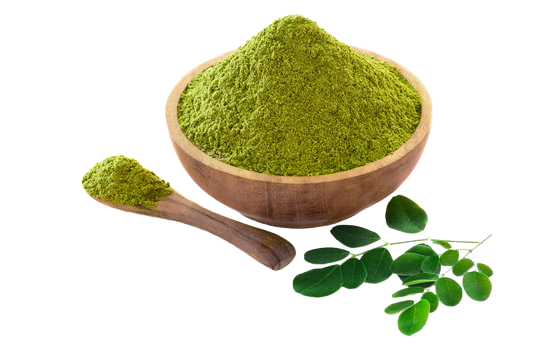
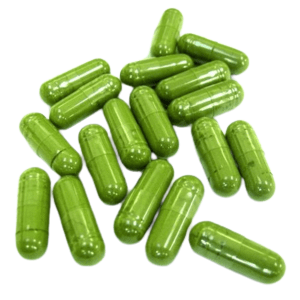
Moringa Oleifera Health Advantages for Broilers
Increased lipid metabolism in broilers caused by higher natural fiber content in Moringa leaves helps to decrease cholesterol levels. Additionally, broilers blood parameters such as hemoglobin percentage, total number of red blood cells, and total packed cell volume will increases as a result of the daily addition of Moringa leaf to their feed. Supplementation of Moringa leaf will improve the broilers growth performance and intestinal micronutrients.
The structural properties of the chicken intestine are essential for nutrient absorption and a sign of healthy physiology. In broilers fed powdered Moringa leaf, the length and empty weight of the small intestine were found to be increased. The villus height, villus surface, and villus height/crypt dept of broilers are all increased by mixing powdered Moringa leaves with feed. Greater surface area of higher villi suggests improved nutritional absorption, which is a sign of a healthy digestive tract.
A high level of crude fiber in diets supplemented with Moringa may be related to improvements in villus height and the villus height/crypt depth ratio. Provide the Moringa leaf powder with feed for broiler increased the total goblet cells of duodenum and also enhances the mucosal protection. The aforementioned facts show that adding Moringa oleifera to a broiler’s feed can modify intestinal structure and acidic mucin production without having any negative impact on growth.
It is possible that the extract from Moringa oleifera leaves will work as an antioxidant and antibacterial. Due to the presence of selenium, carotenoids, flavonoids, vitamins C and E, and carotenoids, moringa oleifera is recognized as a possible antioxidant potential. Carotenoids, flavonoids, chlorophyll, phenolics, xanthins, cytokines, alkaloids, and other Phytochemical are present in Moringa oleifera leaves and have a role of enhancing health status in broiler chicken. We can use M. oleifera as an alternative for antibiotics in chickens so that it may be used as an effective strategy for producing organic meat. It could be concluded that M. oleifera can be used as an environmentally friendly feed supplement in chicken ration.
Numerous studies have shown that M. oleifera can be used to effectively produce organic meat by substituting it for antibiotics in chicken. M. oleifera will be added to broiler chicken feed as a compactable supplement.

